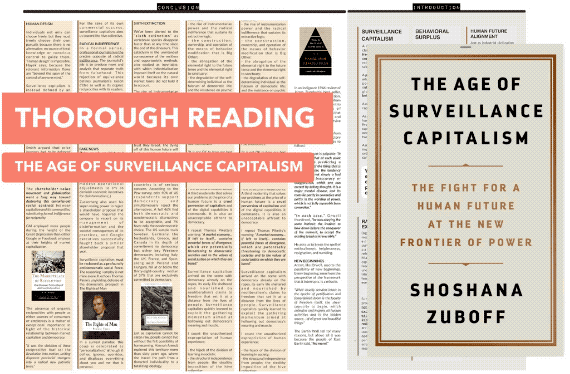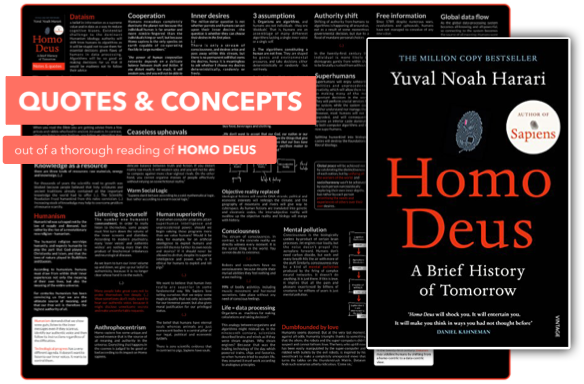The darkening of the digital age and arrival of new economic order.
Continue ReadingHomo Deus
Uncompromising exploration of the evolutionary concepts. Harrari attempts to illustrate the future of humanity and redefines meaning of ‘Dataism’ along the way.
Continue ReadingBig data meets Big Brother as China moves to rate its citizens (Wired)
The Chinese government plans to launch its Social Credit System in 2020. The aim? To judge the trustworthiness – or otherwise – of its 1.3 billion residents
Continue Reading
